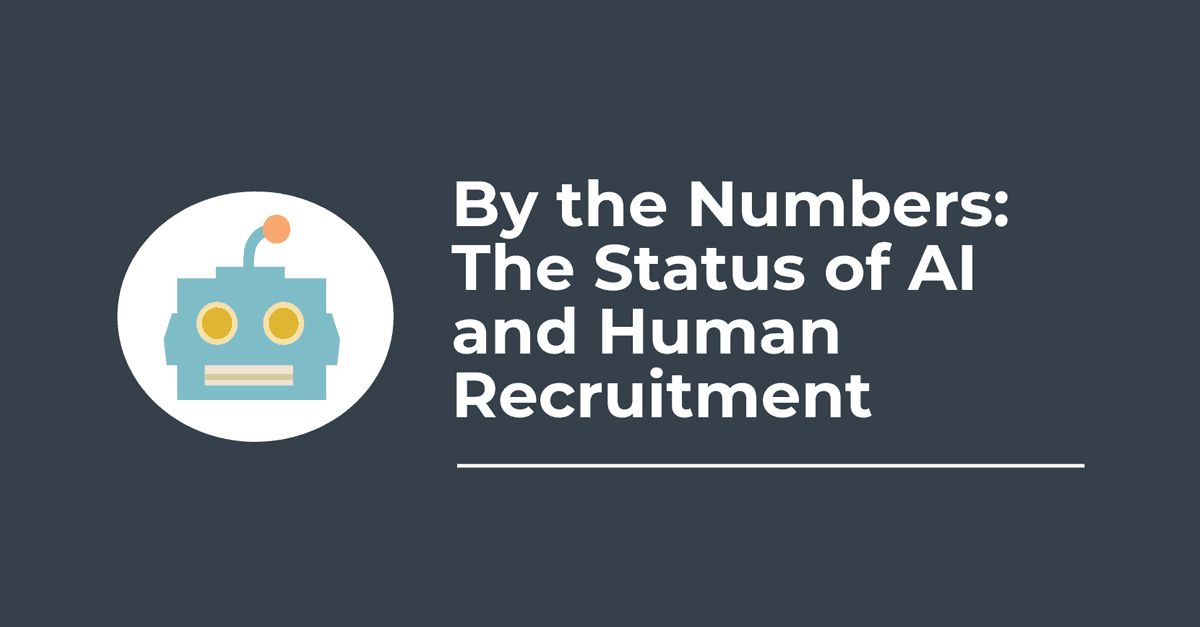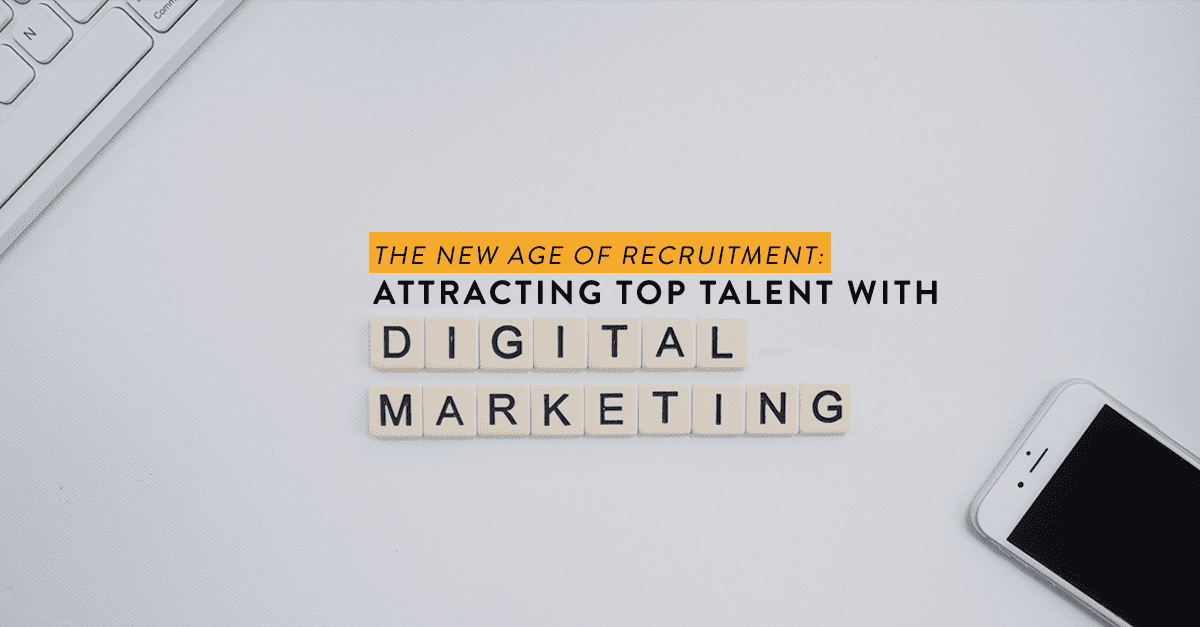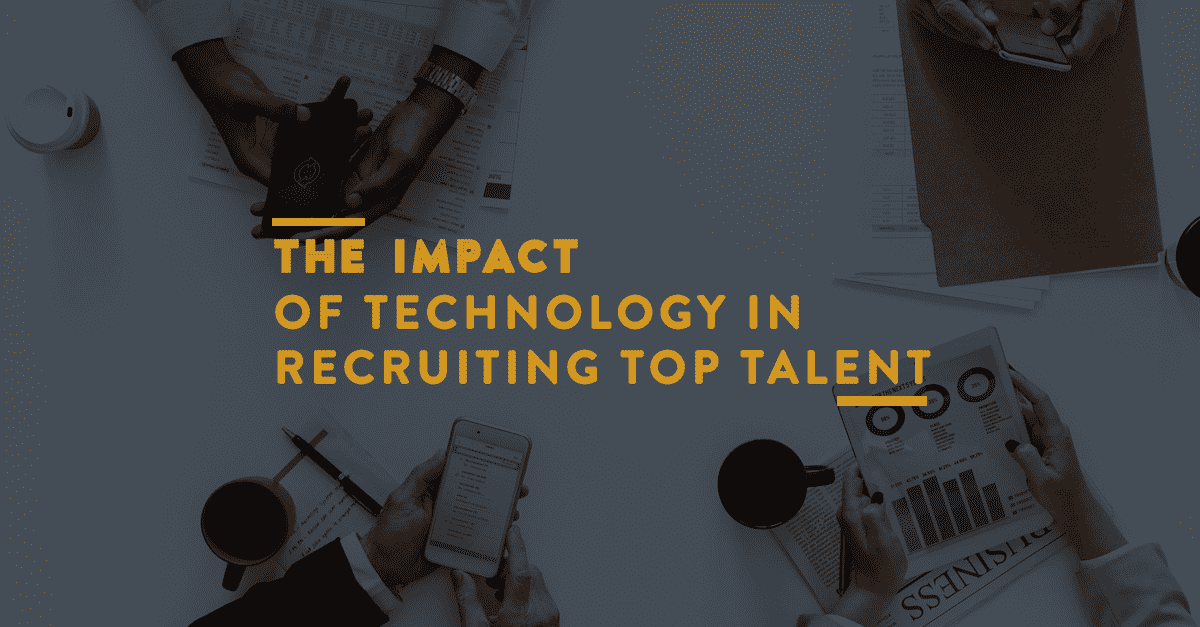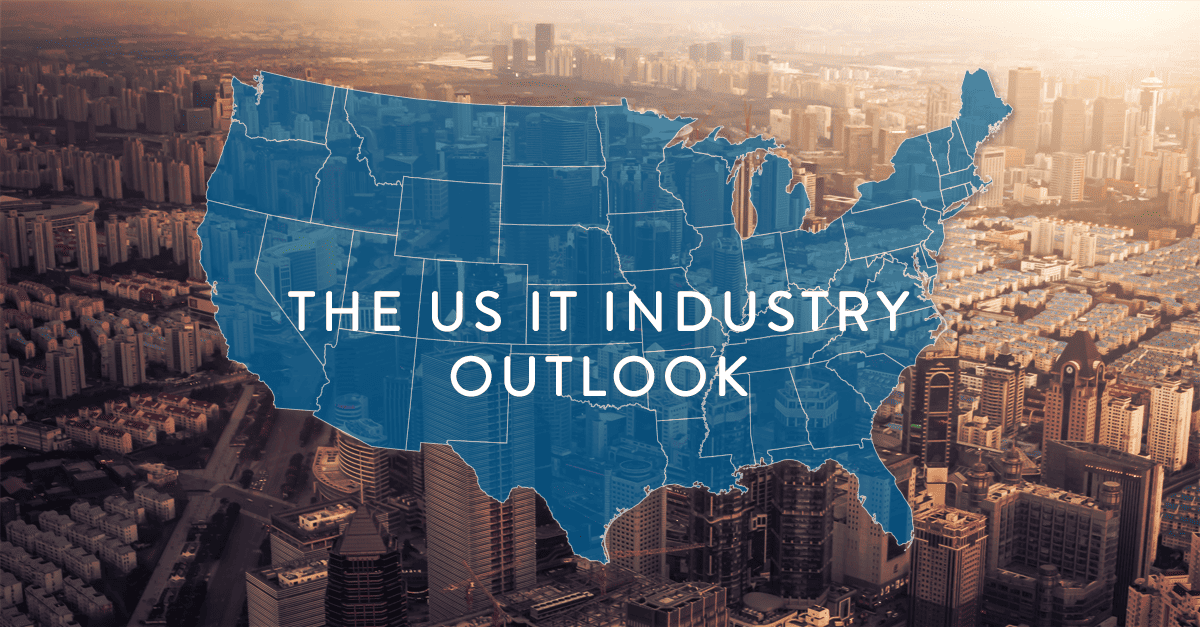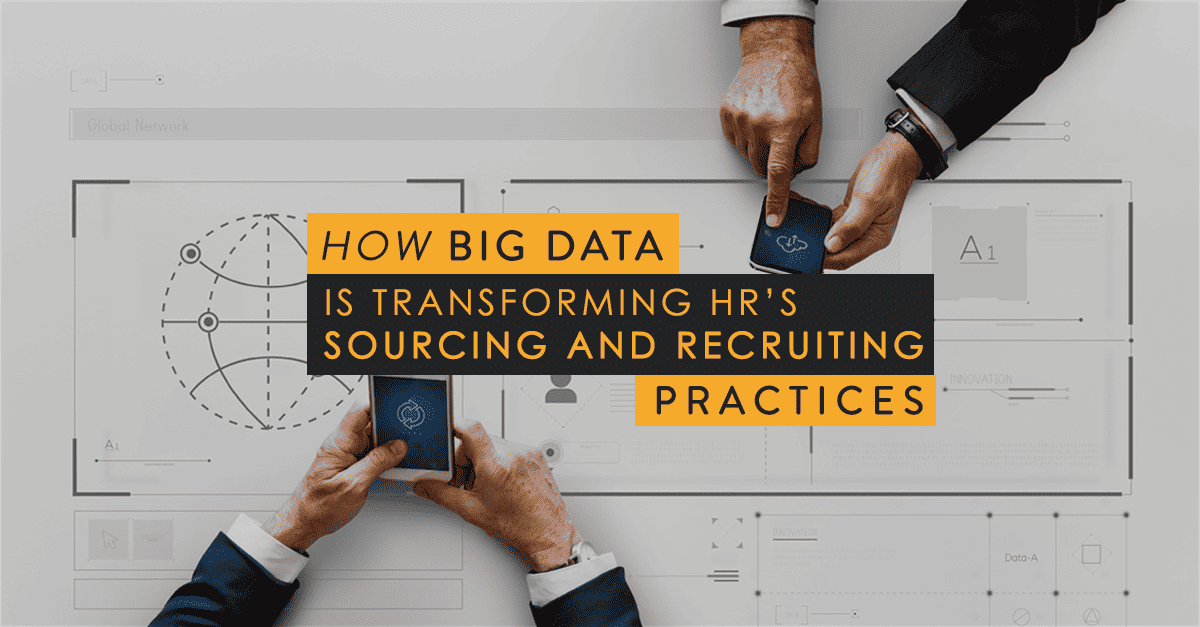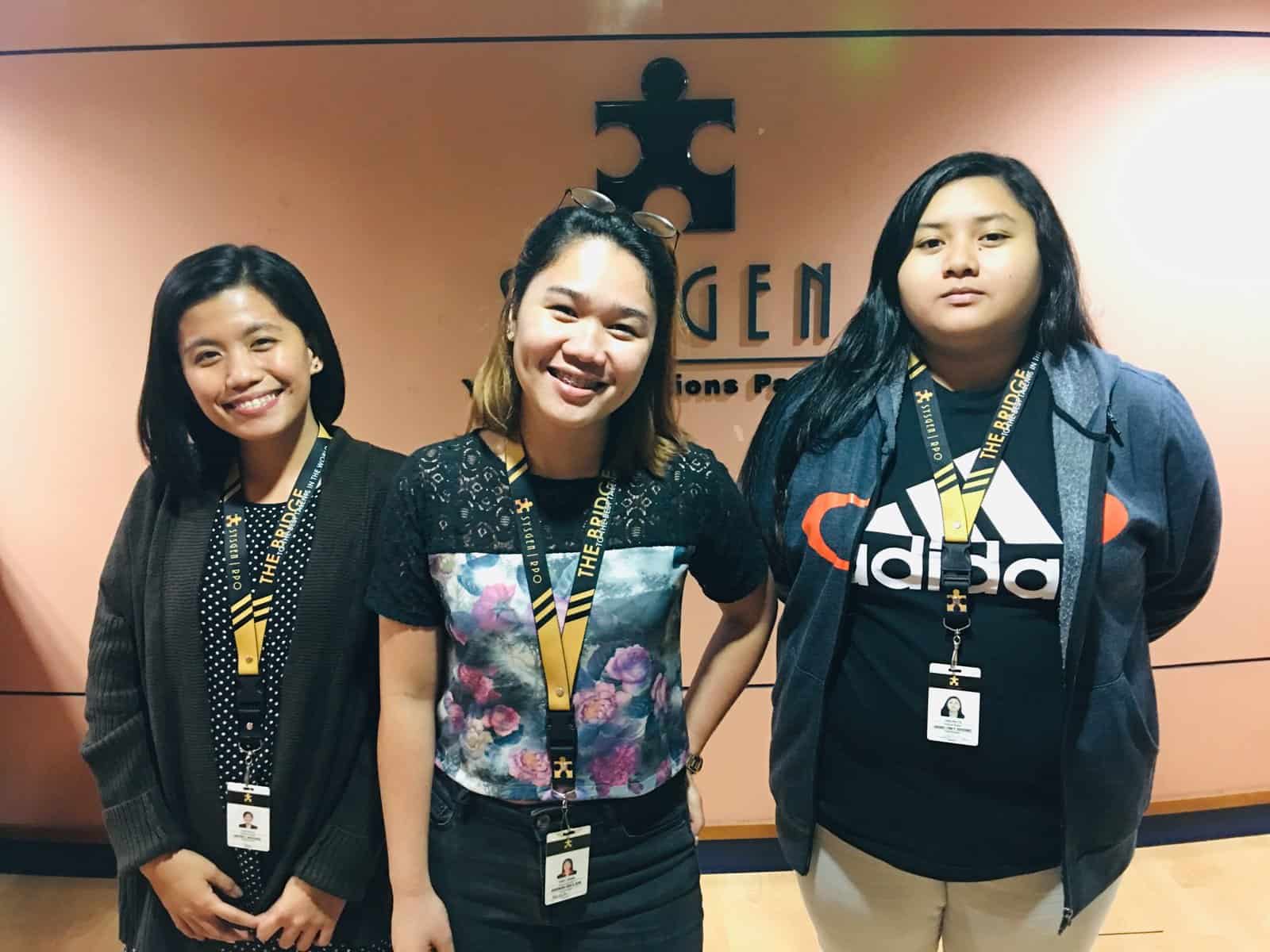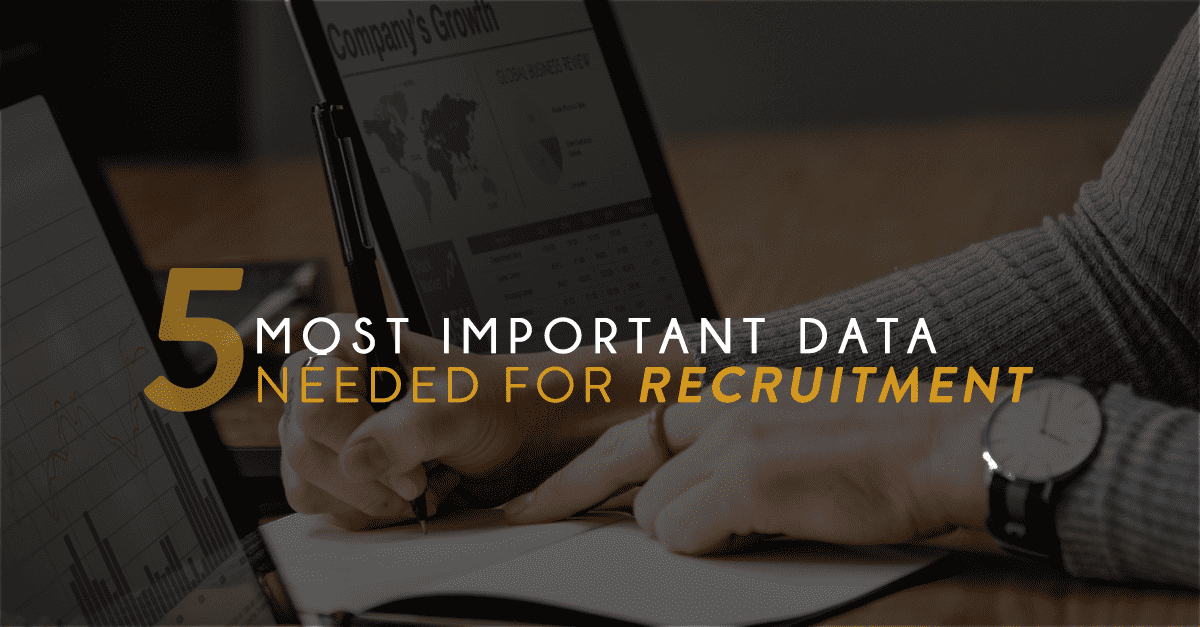Automation and other technologies powered by artificial intelligence (AI) gain more audience year after year. With the rise of different languages and technologies used in making work more simplified, more industries are beginning to see the worth of investing in AI.
Interestingly, the use of automation is no longer limited to the IT sector but also to marketing and development. AI for recruitment is becoming the dominant narrative in human resource technology as it poses several benefits for the recruitment process, particularly when it comes to screening resumes more efficiently and effectively.
In the talent and recruitment industry, AI has gained numerous followers. While it is sure to bring about changes in the way organizations search for talent, it would be risky to overestimate the capabilities of AI in advancing recruitment processes.
In a survey by Ideal, 52% of the talent acquisition and recruitment leaders say that picking out candidates from a large set of applicants is still the hardest part of recruitment.
On a different note, the same survey says that while 56% of recruitment firms will increase their hiring volume this year, 66% will either retain its current size or downsize.
It is not hard to see why AI technologies used in talent acquisition have gained many followers in a short span of time. They are efficient and they also enable recruiters to match skillsets for a specific job post with candidates’ job profiles.
The rise of the AI would not automatically translate to a sudden loss of jobs. What it guarantees, however, is more time for doing other things not related to recruitment.
Undercover Recruiter reports that even when the integration of AI to human work does not immediately fit, 80% of the executives still believe that AI boosts productivity and performance.
In a highly competitive business climate, recruitment firms need to know all the viable options that could make work easier and more effective. Check out these statistics to know more about AI in the recruitment industry.
I. Global recruitment is rising. This can be attributed to the development of new technologies such as AI and automation. (Undercover Recruiter)
A. According to the Undercover Recruiter, hiring volume is still set to rise globally, with India leading the increase.
i. India: 76%; Mexico: 67%; Southeast Asia: 62%; Germany: 61%; UK: 58%; US: 58%; France: 50%; China: 50%; Australia: 45%; and Brazil: 40%
B. 80% of the enterprises have already started investing in AI, but 1 out of 3 business leaders still find that their companies need to invest within the next 36 months to keep pace with competitors. (Teradata c/o Vanson Bourne)
C. The market for AI will grow from $8 billion in 2016 to $47 billion in 2020, impacting all business practices including HR and recruiting (IDC research firm via Inc.)
II. Recruiters are having a generally positive outlook on AI and automation. (Ideal)
A. 96% of senior HR professionals say that AI can greatly enhance talent acquisition and retention
B. 55% of HR managers see the future of AI to be a regular part of HR in the next five years
C. HR professionals save an average of 14 hours a week in completing tasks related to recruitment acquisition with the use of automationi.
ii. 28% of HR professionals spend 20 hours or more while 11% spend more than 30 hours in working on tasks that could be done with AI
D. 40% of HR professionals say that a lack of automation is lowering productivity while 35% say that it has led to higher costs
III. AI and automation significantly make recruitment more effective and efficient while lowering costs.
A. Screening resumes and shortlisting candidates to interview takes around 23 hours for a recruiter to have a single hire. This is a long time, considering 75 to 88 percent of the resumes received for the role are not qualified. (Ideal)
B. “Early adopter companies using AI-powered recruiting software have seen their cost per screen reduced by 75%, their revenue per employee improve by 4%, and their turnover decrease by 35%”. (Ideal)
C, Concrete benefits to be received by the organization include a 20% increase in performance, saving 23 hours per hire, as well as less disruption to workflows. (Ideal)
D. AI can fully automate candidate sourcing and matching (Ideal)
IV. AI and automation could not completely replace the human factor in recruitment (Sanjiv). In fact, collaborative intelligence is possible.
A. The Undercover Recruiter reports that even when AI is expected to replace 16% of the jobs within the coming 10 years. What follows is not necessarily the loss of jobs but a chance to improve the overall recruitment process.
B. The best use of AI for HR is not replacing people at work but rather using Augmented Intelligence to make them more effective. (Michael Haberman, HR Consultant via Ideal)
C. The 2018 Future of Jobs report by the World Economic Forum says that by 2022, 50% of the companies expect that their full-time workforce will be reduced by automation to some extent.
D. In a study, 95% of leaders expect that AI would affect human jobs by 2030. (Vanson Bourne & Teradata)
E. A study by James Wilson and Paul Daughtery in 2018 found that there is a direct proportion between the number of human-machine collaboration principles adopted and performance improvement.
F. HR professionals say that only 20% of managing-related recruiting tasks can be automated (Ideal)
G. 65% of the HR managers say that the concept of the AI in HR does not make them nervous while 7% think that robots could replace the job they do (Ideal)
H. 33% of the employers say that AI will, in fact, “humanize” HR through augmentation (Ideal)

References
Gibbons, S. (2018, August 20). How AI can make recruiting more efficient. Retrieved from https://www.forbes.com/sites/serenitygibbons/2018/08/16/how-ai-can-make-recruiting-more-efficient/#644998fe2acc
Ideal. (n.d.). AI for recruiting: A definitive guide for HR professionals. Retrieved from https://ideal.com/ai-recruiting/
Min, J. (2019, February 11). 12 revealing stats on how recruiters feel about AI [Infographic]. Retrieved from https://ideal.com/how-recruiters-feel-about-ai/
Savar, A. (2017, June 26). 3 ways that A.I. is transforming HR and recruiting. Retrieved from https://www.inc.com/avi-savar/3-ways-that-ai-is-transforming-hr-and-recruiting.html
Undercover Recruiter. (n.d.). 5 global stats shaping recruiting trends. Retrieved February 11, 2019, from https://theundercoverrecruiter.com/global-stats-recruiting-trends/
Wilson, H., & Daughtery, P. (2018, July 1). How humans and AI are working together in 1,500 companies. Retrieved from https://hbr.org/2018/07/collaborative-intelligence-humans-and-ai-are-joining-forces
World Economic Forum. (2018). The future of jobs report. Retrieved from http://www3.weforum.org/docs/WEF_Future_of_Jobs_2018.pdf

